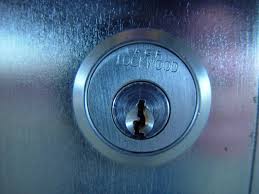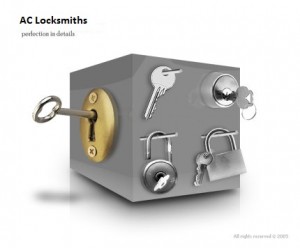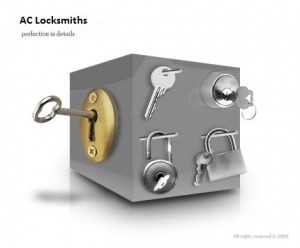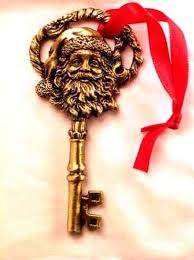Multi-point Locks
It’s that time of year again when the weather warms and we start opening our doors to the sunshine. For me, that means one of my busiest times of year, especially for replacing broken door mechanisms. I’m talking about doors where you have to lift the handles before turning the key to lock the door. These are called multi-point locking mechanisms and they come on four types of door.

1. UPVC.
These are the most common doors with multi-point locking mechanisms. Over time, these doors can drop, a process that can be speeded up by heavy use, slamming or even when flung open in gusts of wind. Also, direct sunlight for long periods can warp some of these doors. When this happens, the handles can become harder to lift, or you may need to hold the handles up to turn the key. When this happens suddenly, it is obvious, but when it happens over time, we do not always realise we need the extra force to lift the handles. It is always worth going through the locking process with the door open and then again when the door is closed. The door should be nearly as easy to lock in the closed position as it is when open and you should never have to hold the handle up to turn the key. Continuing to use extra force to lift the handles will eventually lead to breakage of the internal workings of the mechanism which will in turn, entail a costly replacement.
Most UPVC doors can be adjusted before replacement parts are needed, so if your handles are stiff to lift, get your local locksmith to look at them now.
2. Aluminium.
Not many companies provide aluminium doors nowadays, and in general they work very well. They don’t drop in the way upvc doors do. But if they are not oiled, they do get clogged up with grime and dust. The problem with these doors is that when they do go wrong, all the workings are internal and difficult to source. If you do not maintain your aluminium door, you might have the shock of having to completely replace it when it fails. Some locksmiths will deal with aluminium doors – others will refer you to double glazing replacement companies.
3. Wooden doors.
Many locksmiths (myself included) believe wooden doors should not house multi-point locking mechanisms, but they do and we have to work with the problems caused. Wood holds water and these mechanisms are often found to be rusted. Wooden doors also swell in damp weather and contract when they dry, a process that can twist the mechanism itself, making usage difficult. Oil these doors regularly and call your local locksmith at the first hint of anything going wrong. If these doors seize in the locked position, damage might be necessary to the woodwork to get the door open. If you have a wooden door with a multi-point locking mechanism, especially an older one, you may want to consider a replacement door type (if feasible).
4. Composite doors.
These are doors made to look like wood, but are actually made of synthetic material. While these are well suited to multi-point locking systems, they are not without problems. Most of my issues with these arise from the keeps in the door frame. For the sake of aesthetics, there is often little room for adjustment with these doors and if they do drop, the moving of the keeps often means moving the keeps leaves holes where the keeps were originally placed. Always check with the original installer as to whether or not the door can be re-hung before calling a locksmith, unless the locksmith is willing to re-hang the door though.
As a general rule with all these doors, it is always a good idea to check your guarantees, and if they are still applicable, go to your original installers as first port of call (assuming the installers are still in business).
Some other notes to consider;
* French doors are more prone to dropping as they do not have a solid frame for the leading edge of the door.
* Doors with top and bottom shoot bolts are more prone to rust, especially if the floor keep for the bottom bolt is not kept free of water and rubbish.
* Doors that are left open should be secured with a hook where possible.
* Children should be strongly discouraged from slamming doors (I have this problem!)
* Doors should be oiled every six months.
* Landlords of holiday lets should ensure someone on their property management team is able to check these mechanisms.
Finally, a security note. If you have your back door open and a stranger calls at your front door, make sure you close and lock your back door, before opening the front. A common summer scam is for your attention to be held at the front door while a second person enters your home at the rear and makes off with anything valuable to hand.
If you have any questions regarding the above issues, please contact via any of the methods on our contacts page.
Thanks for reading!
admin May 7, 2015





